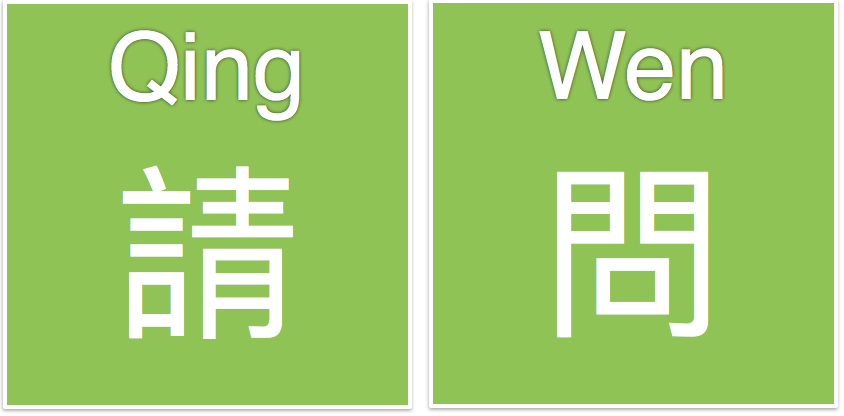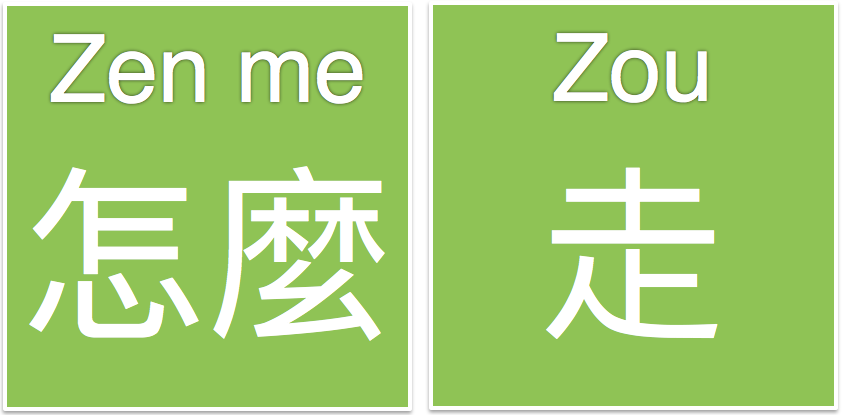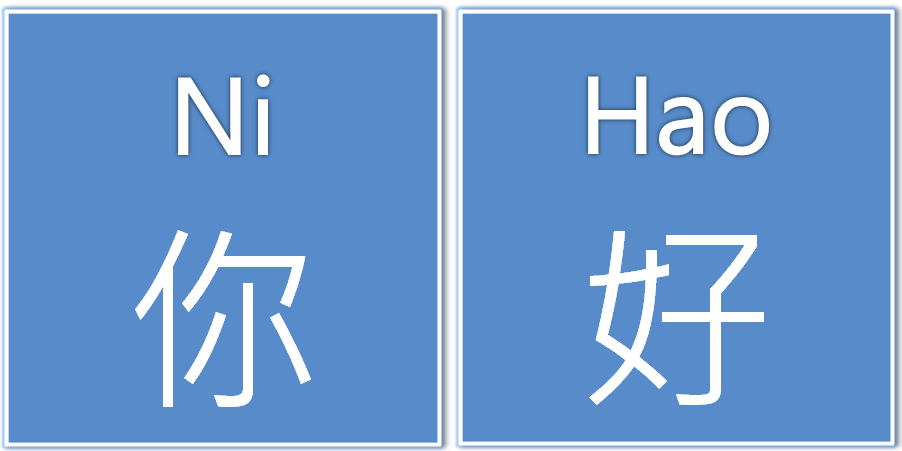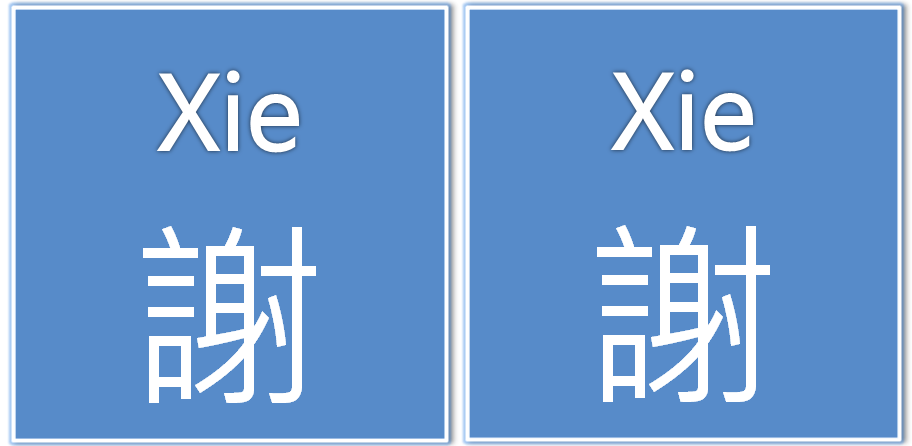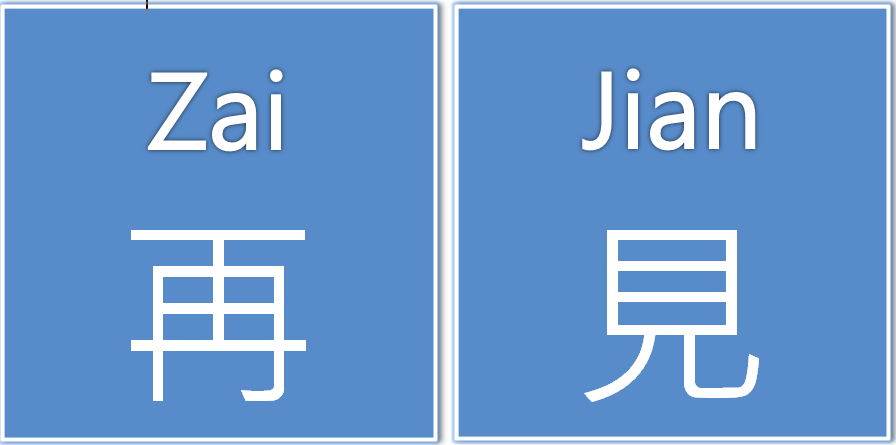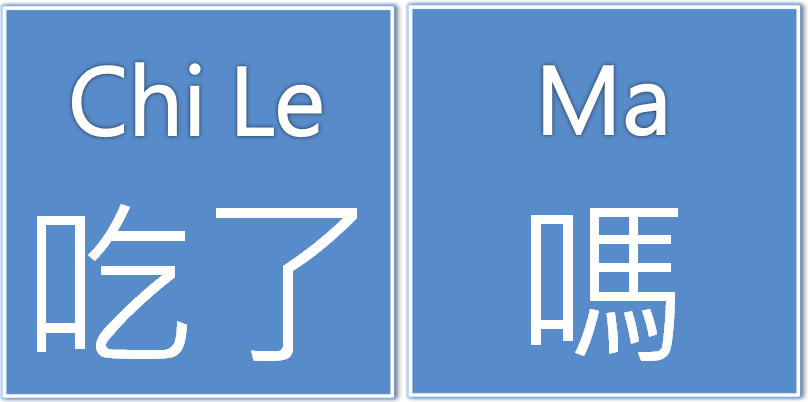Fun With Mandarin
What do you already know about Mandarin?
For starters, your cup of cha in the morning comes from a Chinese word. In Mandarin, it is pronounced as chá, spoken with rising intonation when it is pronounced correctly. Martial arts enthusiasts would know words such as gōngfu and tàijíquán, although they might be more familiar with the spellings Kung-fu and Tai chi chuan.
How hard is it to learn Mandarin?
Mandarin is a tonal language, which means the pitch or intonation in which a sound is spoken affects the meaning. For example, if you say ma with a high tone it means mum, but ma with a rising tone means spicy. The grammar is surprisingly straightforward, with none of the tenses, plurals, cases or genders that can make learning European languages difficult.
The tongue twisters could help you practice the tones, which are marked above the vowels.
四是四,十是十,十四是十四,四十是四十。
Sì shì sì, shí shì shí, shísì shì shísì, sìshí shì sìshí.
Four is four, ten is ten, fourteen is fourteen, forty is forty.
吃葡萄不吐葡萄皮,不吃葡萄倒吐葡萄皮。
Chī pútao bù tǔ pútao pí, bù chī pútao dào tǔ pútao pí.
When you are eating grapes, you don’t spit out the skin, but when you are not eating grapes, you do spit out the skin.
Ordering food & shopping
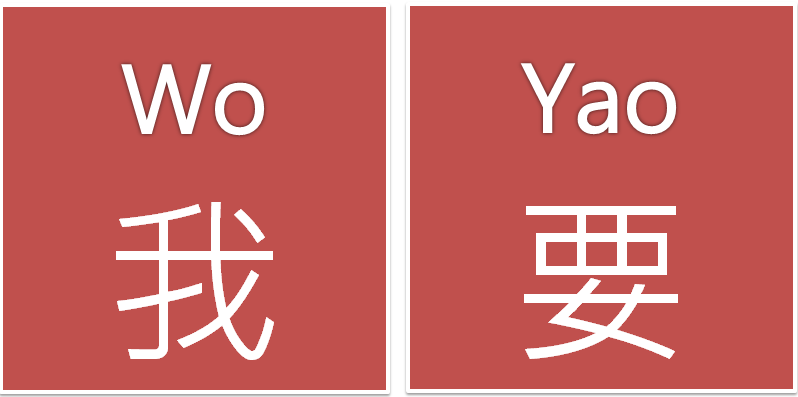
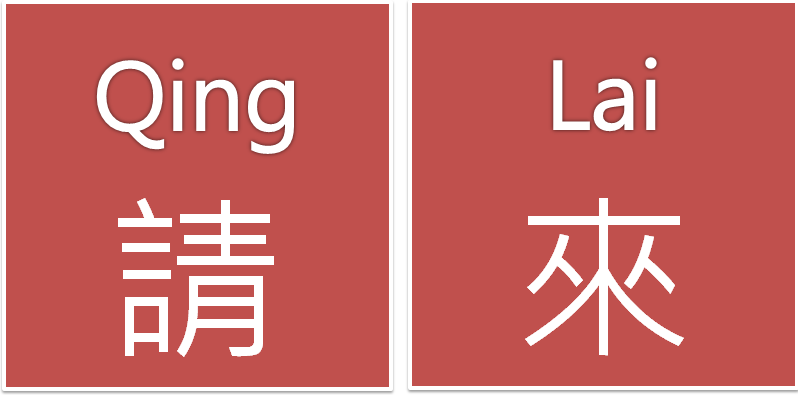
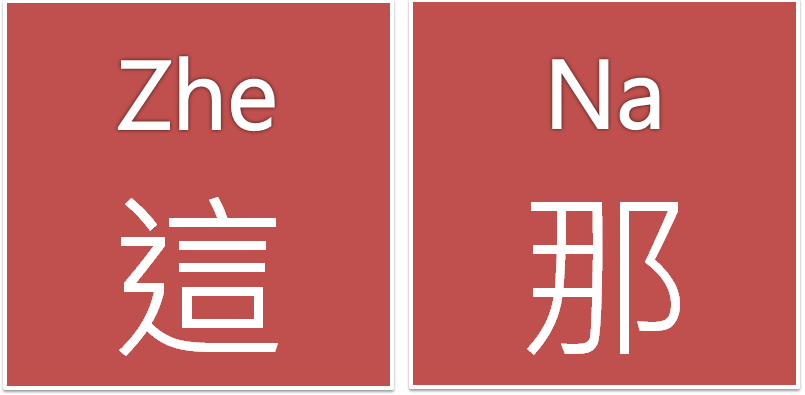
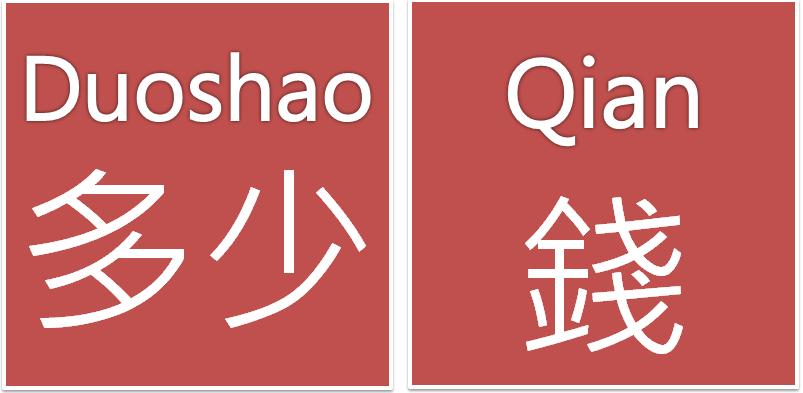
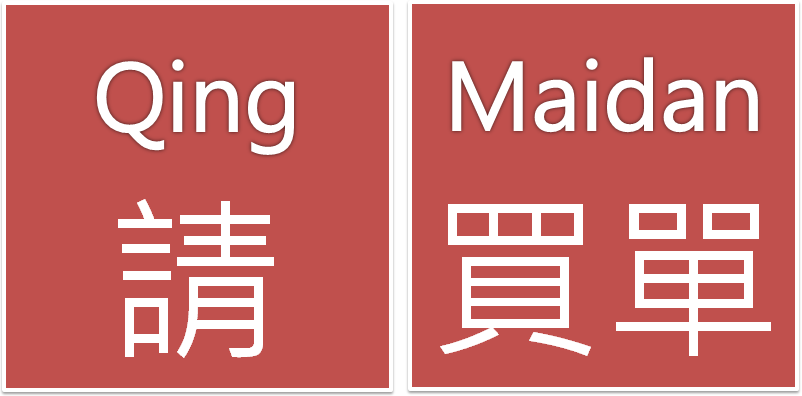
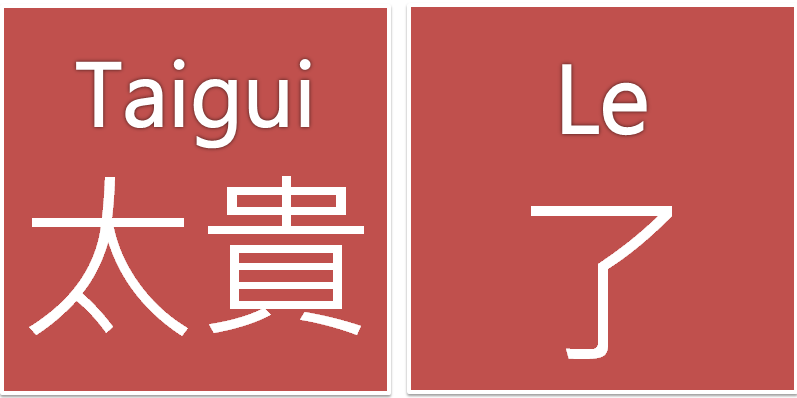
Asking for directions
